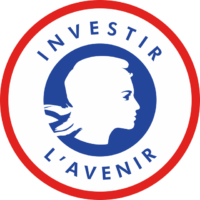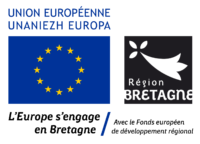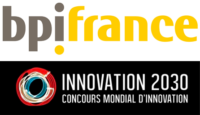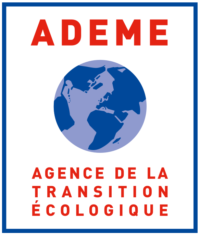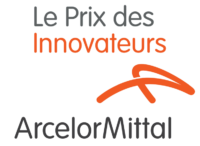STOLECT is developing a large-scale electricity storage technology to build 100% renewable networks by turning variable renewable electricity into dispatchable electricity. This technology is an essential link in the effort to decarbonise the energy mix and support the energy transition of electricity networks and industrial companies.
STOLECT offers a breakthrough solution compared to existing technologies. The technology offers a system that is totally environmentally friendly, independent of critical metals, suitable for large-scale storage, safe, designed and manufactured in France and in Europe, and economically cost-effective.
The Technology
STOLECT is an electricity storage process based on the reversible conversion of electrical energy into thermal energy.
The conversion is done by using turbomachines to circulate air through the system.
- In the charging phase, a compressor converts the electrical energy from the grid into heat by compressing air. This heat is then stored in natural rock (basalt) or recycled ceramics.
- During the discharging phase, the materials give up their energy to the circulating air, which then drives a turbine, coupled to an alternator. The recovered energy is fed back into the electricity grid.
This design has many advantages:

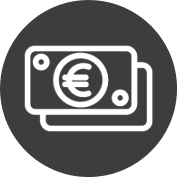




applications
Storage, coupled with renewable generation, provides dispatchable and renewable electricity, which is essential to reduce our dependency on fossil fuels. Thus, storage is the key to assist the integration and development of renewable energies (mainly wind and solar) throughout the world and at different scales.
Large-scale storage allows to :
- Provide dispatchable and decarbonised electricity,
- Ensure grid stability and avoid congestion during production peaks,
- Valorise production surpluses during periods of low consumption,
- Take advantage of price variations on the electricity markets.
STOLECT applications can be grouped into three main categories:
Isolated areas and grid operators
STOLECT supports renewable production by storing excess production to ensure the autonomy of a non-interconnected zone, such as an island or an isolated area. STOLECT has a major impact in reducing pollution and costs generated by production means such as generators, and in improving the energy independence of these areas.
Renewable electricity producers
STOLECT allows renewable power plant operators to optimise their production profile to avoid excess production and low electricity market prices, and thus to shift or smooth out part of their production to sell it at the most interesting time.
STOLECT can also be used to optimise connection power, for example for wind repowering.
Electro-intensive industries
Industrial companies with high electricity consumption may be interested in optimising their consumption with respect to renewable energy production and market prices, in order to consume the least carbon-intensive and cheapest electricity possible. It may also be essential for some industries to secure their supply in the event of power cuts in areas where the electricity grid is weaker.
Would you like to know how cost-effective a storage system is for your application?
Please contact us to discuss the most suitable system for your needs.
The team
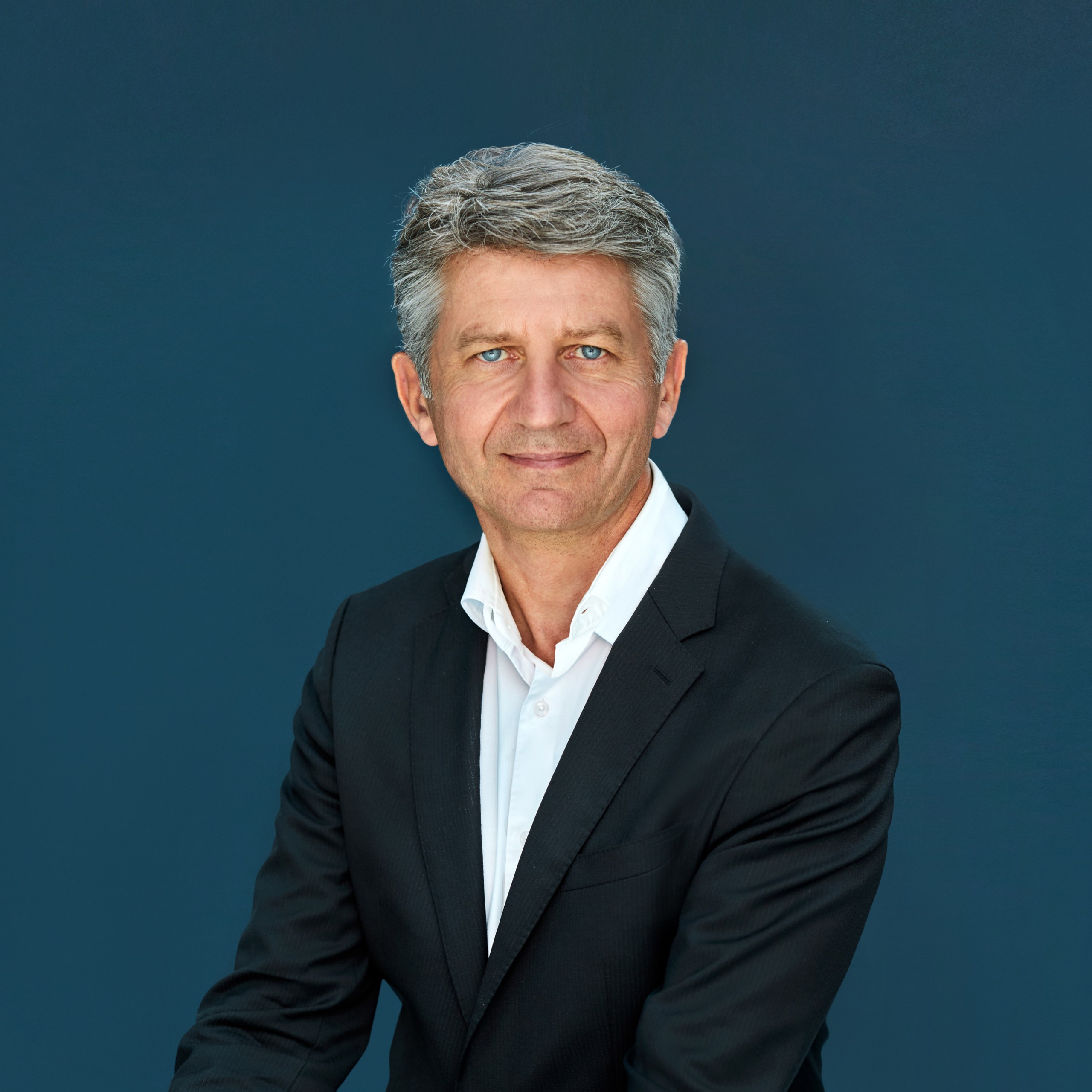
Jean-François Le Romancer
Jean-François has a Ph.D. in "Aerodynamics, Combustion and Thermal Engineering" from ENSMA in Poitiers. He is also a graduate of the IAE (management and business administration) and an auditor of the IHEDN CHEAr.
He has more than twenty-five years of experience in research and innovation in the field of energy technologies through a varied career: in research at IFPEN, in the financing of RDI projects in the energy sector at the Ministry of Industry within the general direction in charge of energy and Bpifrance, in industry on the electricity markets at Poweo Direct-Energie. He is also founder and CEO of Keynergie.
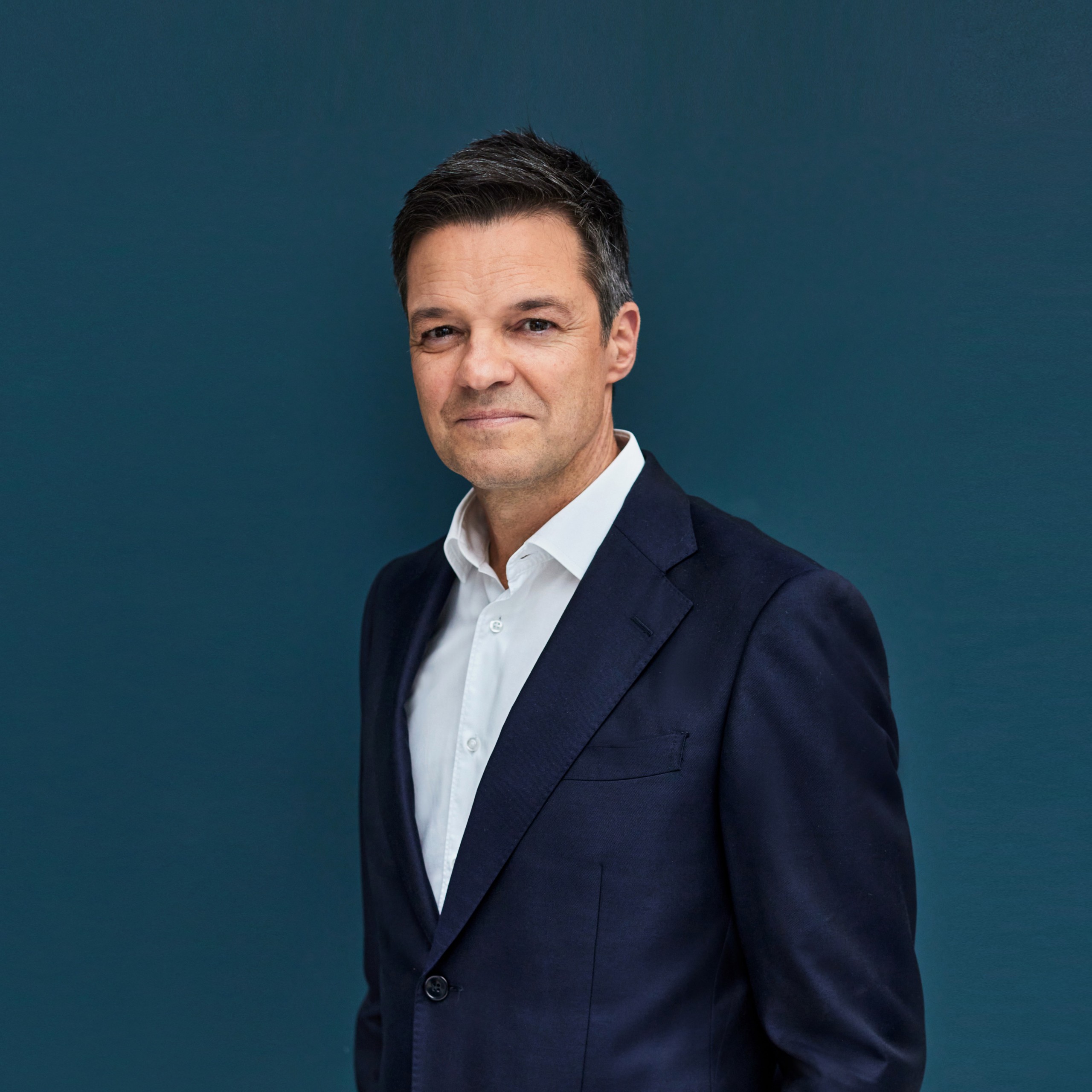
José Da Silva
José has 27 years of experience in the fields of automated systems design, metal processing and steel construction. He has worked for several large companies in the industrial and construction fields: Suez-Lyonnaise des Eaux, Vinci Entrepose Contracting, Renault, Galvazinc and Blocotelha. He brings to the project his knowledge in the fields of design, manufacturing, construction engineering on different components of the system: storage tanks, piping, foundations, industrial equipment, as well as in the fields of refractory steels and thermal insulation.
Il est responsable des relations avec les fournisseurs et dans les phases suivantes il sera responsable du management des équipes en charge de la construction du démonstrateur.
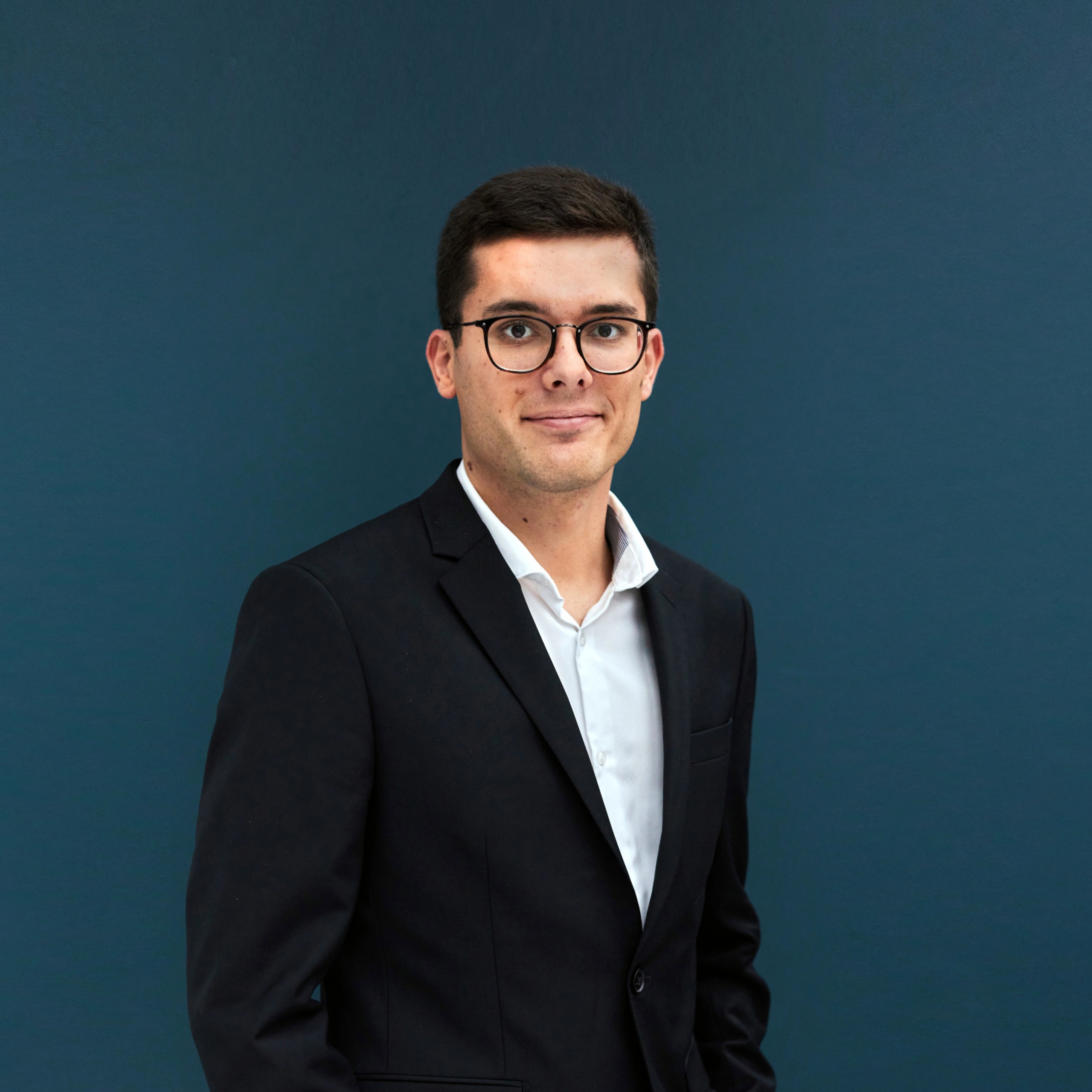
Gauthier Preux
Gauthier is a graduate of the École Centrale de Paris and holds a Research Master Degree in Energy from the University of Paris-Saclay. He joined the STOLECT project in 2019. During his education, he gained experience in physical and statistical modelling with major energy players, in the field of gas networks and wind power.
He is in charge of the modelling and optimisation of the process.
Strategic committee
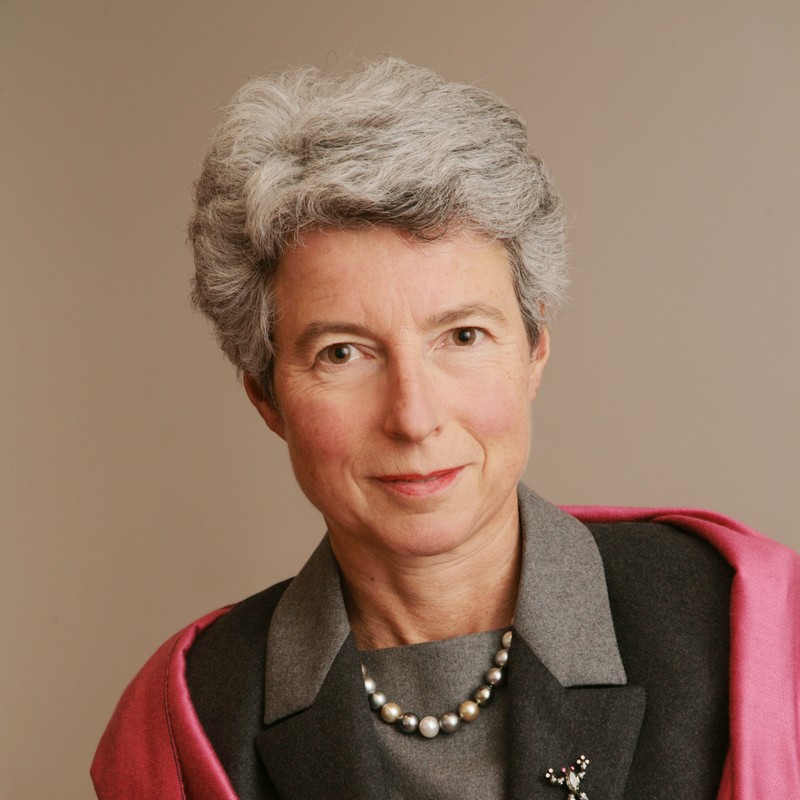
FABIENNE HERLAUT
A graduate of ESCP and an MBA from Harvard Business School, Fabienne Herlaut combines experience as a strategy consultant (Bain &Co), general manager and investor in family offices and investment funds, and on the executive committee of major industrial groups (Pechiney, Alcan, Arcelor, Mittal) or service companies (SNCF). With Eclaircile Conseil, she is now developing her own consulting activities in development and organisation for SMEs, ETIs and start-ups, particularly in the fields of renewable energy and mobility services.

FRÉDÉRIC DE MANEVILLE
Frédéric de Maneville is a graduate of the Ecole Polytechnique and a civil engineer from the Mines de Paris. He began his professional life at Renault in France, followed by Brazil. He then became Industrial Director of Valeo in France, before becoming Managing Director in Spain. After 11 years, he left the automotive industry to join Areva T&D as General Manager of Power Transformers and then joined Poweo and Vattenfall as President France. Since 2015, he has been an entrepreneur, first as a partner in Eccity Motocycles, a French manufacturer of electric scooters, then as President of Aquablue in New Caledonia, the leading local producer of blue shrimp. At the same time, he is a consultant in the energy sector.
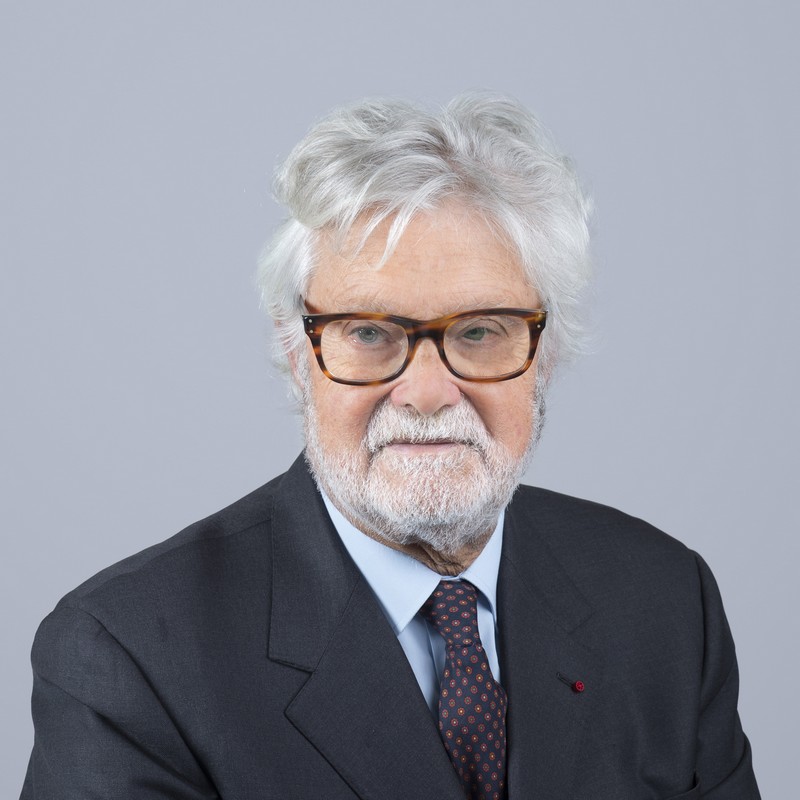
ÉRIC HAYAT
Éric Hayat co-founded the Steria group in 1969 and is its Deputy CEO. He was Chairman at the time of the merger with Sopra in 2014 and has been Vice-Chairman of the Board of Directors since. A graduate of the Ecole Nationale Supérieure de l'Aéronautique, Eric Hayat is a senior professional in the digital world. He has contributed to the deployment of the Steria group both internationally and in a wide range of markets. Éric Hayat was also Chairman of Syntec Informatique from 1991 to 1997 and of the Syntec Federation from 1997 to 2003. A member of the Medef Executive Council from 1997 to 2005, he notably chaired the Commission in charge of negotiating the Research Tax Credit (CIR).
The company
STOLECT ambition is to create a new industrial value chain in the field of large-scale electricity storage, based on the know-how of French and European partners.
STOLECT relies on a team with proven experience in innovation and project construction in the energy sector and a thorough knowledge of the electricity market, as well as on a network of industrial partners with strong expertise in their respective fields.
In order to benefit from the know-how of its partners and to accelerate the implementation of the technology, STOLECT will rely on their existing production tools, before developing its own production means in a second phase.




